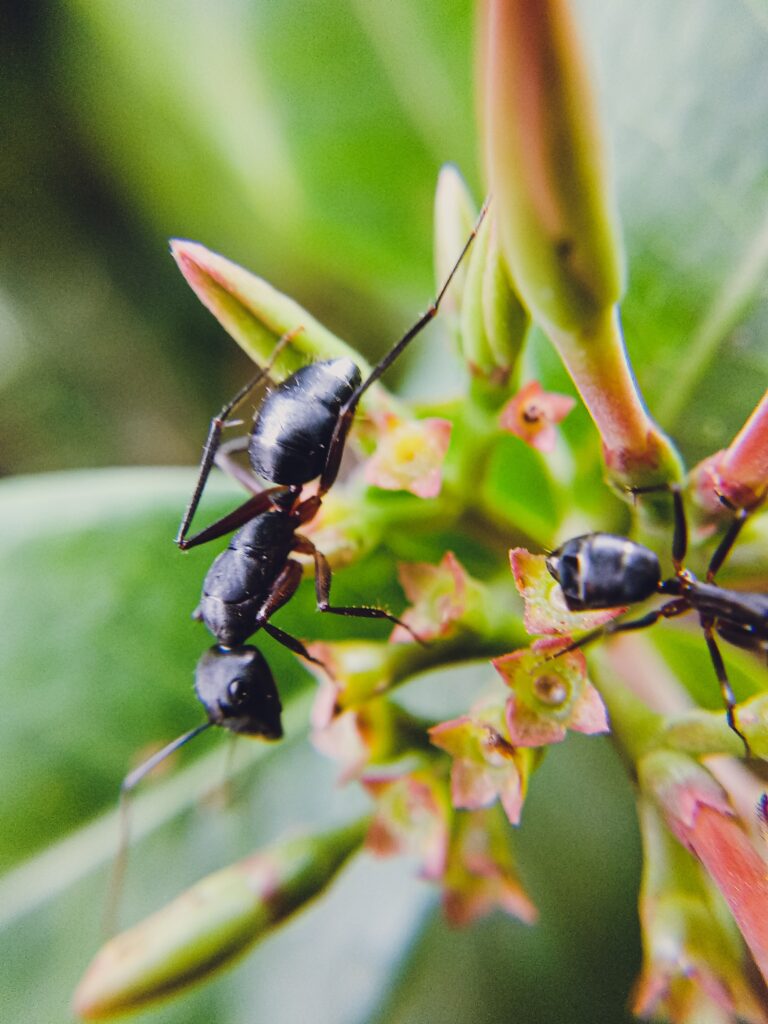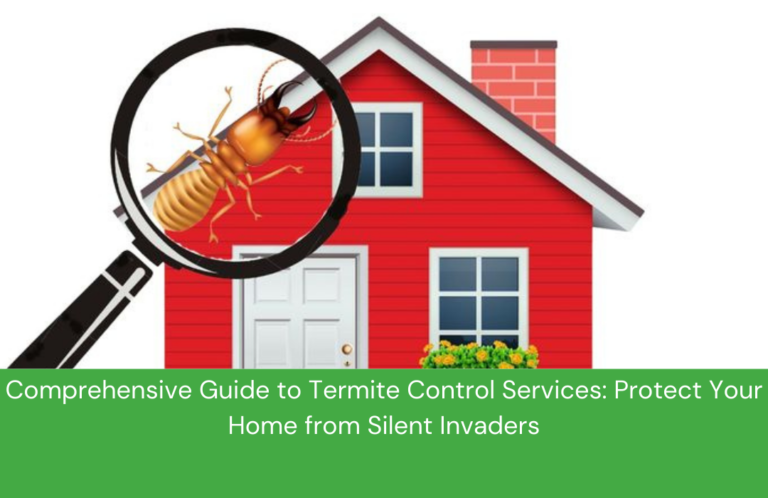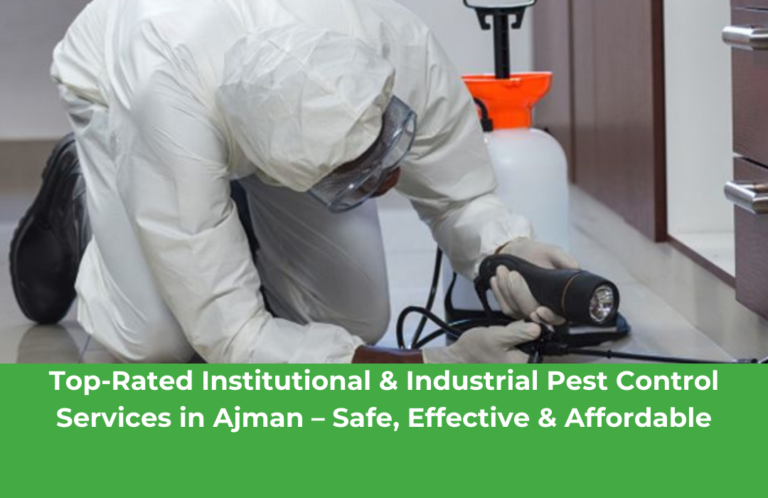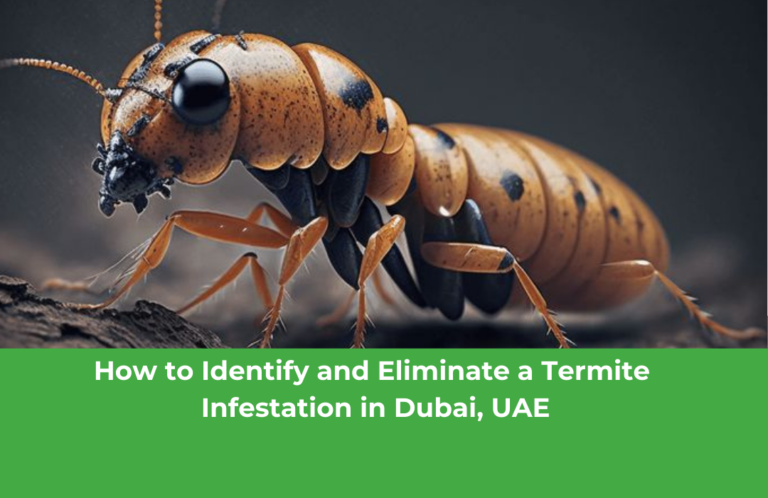Pest Control for Gardens and Landscapes: Guidelines for Keeping Your Plants Safe
Whatever plants you grow, you are in need of advisory pest control. Luckily, we have so many non-toxic methods to deal with bugs or any pests. We can either handpick larger insects or blast them off with a strong spray of water. Occasionally, luring beneficial insects, birds, and other natural predators to do the work…
Whatever plants you grow, you are in need of advisory pest control. Luckily, we have so many non-toxic methods to deal with bugs or any pests. We can either handpick larger insects or blast them off with a strong spray of water. Occasionally, luring beneficial insects, birds, and other natural predators to do the work for you is the best way to keep garden pests under control.

Most Common Garden Pests
- Aphids: These tiny pear-shaped garden pests are seen clinging to the tender new growth of plants.
- Caterpillars and worms: caterpillars and worms are common sights on plants. If we continue to let them crawl, they will feed on plants, consuming leaves and stems.
- Flea Beetles: These tiny black beetles make ragged holes in the plants.
- Mealy bugs: Mealy bugs are sap lovers, thereby causing distorted and limited growth and leaf loss in the plants.
There are a lot of things that are needed to take care of your plants. Here are some gardening tips that work like a charm. If you properly follow these, you can keep all the pests at bay.
- Plan and design your garden wisely: To reduce the risk of pests, consider the layout and arrangement of your plants. Overcrowding plants can provide ideal conditions for pests to thrive.
- Use healthy plants: Grow healthy plants from trusted sources. Healthy plants won’t get affected by any pests or diseases. Before buying or planting plants in your garden, inspect them for signs of pests or diseases.
- Provide proper plant care: Maintain good cultural practices to promote plant health and vigor, as healthy plants are less vulnerable to pests. This includes giving plants the right amount of water, sunlight, and fertilizer as required. Do not overfertilize as this may draw pests.
- Use good hygiene techniques: Keep your garden tidy and free of trash, fallen leaves, and plant remains. Remove weeds regularly, as they can harbor pests. To stop the spread of pests and diseases, properly dispose of any plants that are infected or infested.
- Regularly inspect your garden: Keep an eye out for any pest activity by routinely checking your plants for signs like chewed leaves, discolored foliage, or insect eggs. Early detection makes it possible to take prompt action and stop the uncontrolled growth of pest populations.
- Encourage wildlife and beneficial insects: Establish a welcoming environment for wildlife and beneficial insects that naturally prey on pests. Plant flowers that will entice benevolent insects like ladybugs, lacewings, and bees. Put up birdhouses or feeders to draw in insect-eating birds.
- Practice companion planting: When grown together, certain plants can repel or deter pests. Aphids can be repelled, for instance, by growing marigolds or nasturtiums close to vegetables. Find out about companion planting techniques for the particular pests that worry you.
- Protect vulnerable plants from pests by using physical barriers, such as fences, netting, or row covers. This is especially helpful in avoiding damage from larger pests like deer or rabbits.
- Crop Rotation: Crop rotation is a technique for interrupting the life cycles of pests. A buildup of pests and diseases can result from perennially planting the same crop in the same spot.
- Think about natural pest control methods: Use natural pest control strategies like insecticidal soaps, neem oil, or diatomaceous earth. These alternatives are typically less harmful to the environment and helpful to insects.
Pestokill for effective pest control
Pestokill, a pest control agency in the UAE, provides effective pest control solutions. In this way, you can nurture your flowers and see their smiles with pleasure. We implement Integrated Pest Management (IPM) approach. Always remember to identify the specific pests affecting your garden so you can pick the right control measures. Instead of relying solely on pesticides, integrated approaches are typically more efficient and environmentally friendly.







